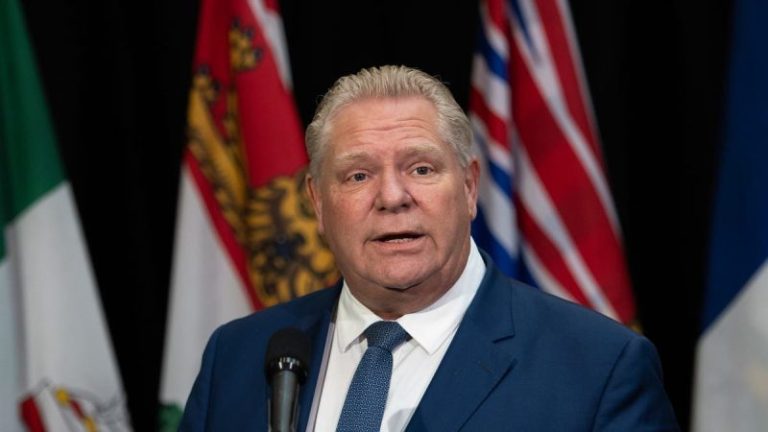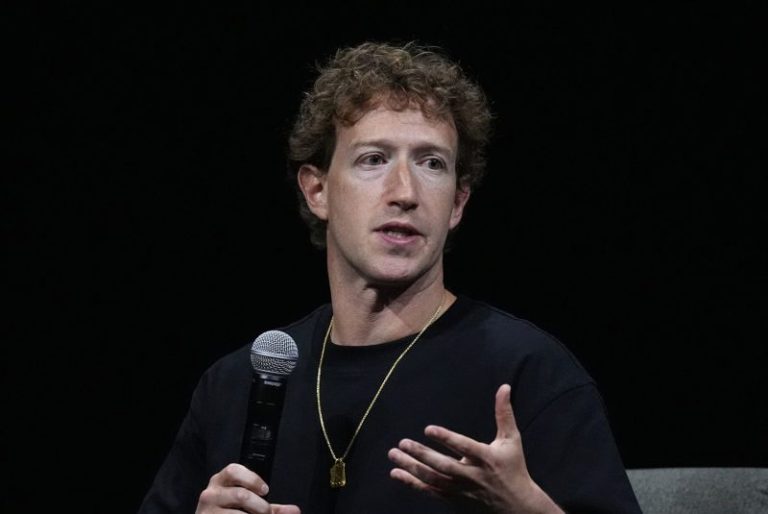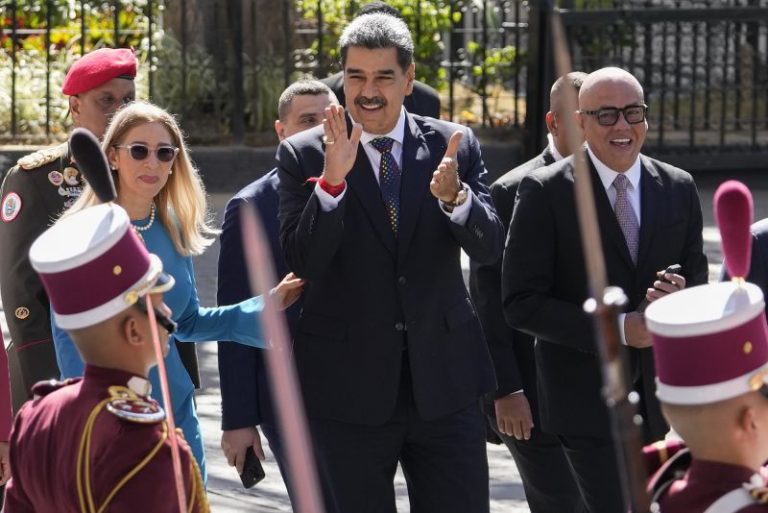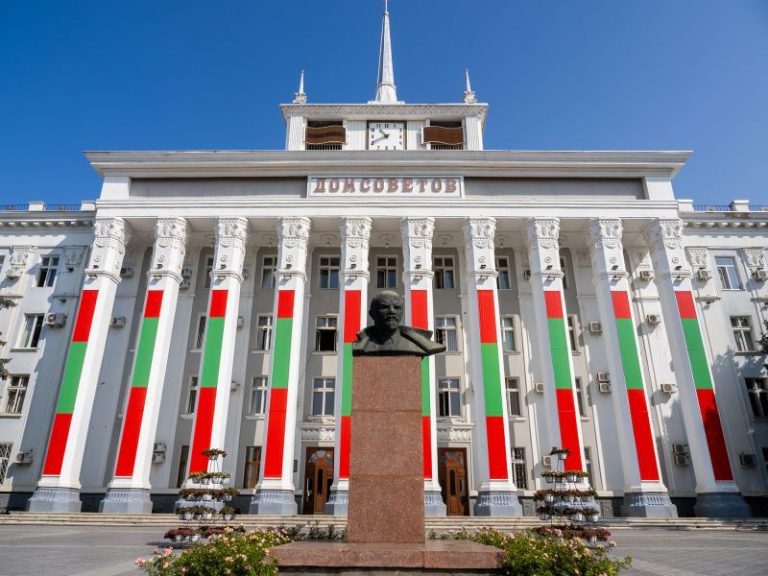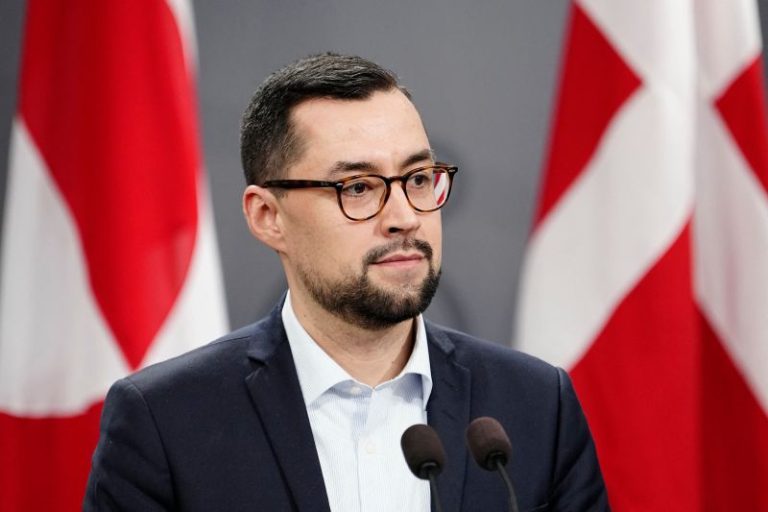As 2025 kicked off, many Americans began their quest for a healthier year ahead by committing to more exercise, a renewed focus on mental well-being, a healthier diet, and ‘Dry January’ (that is, a month without alcohol consumption). Then U.S. Surgeon General Vivek Murthy released his latest advisory linking alcohol to an increased risk of cancer.
Specifically, the advisory highlighted an increased risk in mouth, throat, esophagus, voice box, breast (in women), liver, and colon and rectum cancers among those who consume any amount of alcohol. Further, the report states that alcohol consumption leads to 100,000 cancer cases and 20,000 cancer-related deaths in the U.S. each year, making it the third leading preventable cause of cancer after tobacco and obesity.
I believe many of us have long suspected alcohol was not necessarily ‘good’ for us. But what I think we did not know – or perhaps did not want to fully acknowledge – was just how bad it could be for our health. In fact, 60% of Americans report being unaware of the relationship between alcohol and cancer. Hopefully, this advisory begins the process of educating the public of this important health-related link.
Since the advisory’s publication, Americans have raised numerous questions about what the government may do next, what the findings mean for them, and how they should consider the findings in their daily lives.
Here’s what to know and to keep in mind.
How does alcohol cause cancer?
From a 30,000-foot view, alcohol damages your DNA, which increases your cancer risk. This occurs through several different mechanisms. For example, our DNA can be damaged by acetaldehyde, the toxic metabolite alcohol is broken down to in our body, or by the oxidative stress alcohol causes.
Alcohol also alters hormone levels in our body, such as estrogen, which likely explains alcohol’s relationship with increased breast cancer risk. Not only does alcohol directly damage our DNA, but it also increases the absorption of cancer-causing chemicals, or carcinogens, into the body. So, while we may think of a glass of wine or beer as calming or relaxing for our body, it – in fact – does the exact opposite, causing inflammation.
What comes next?
The advisory lays the groundwork for action – by the government, physicians and our fellow Americans.
Murthy suggests that the surgeon general’s warning label on alcohol be updated to clearly note the link between alcohol and cancer. Such a labeling change would require an act of Congress, and I believe this should be done quickly on a bipartisan basis. What’s one thing we can all rally behind? Reducing cancer among our family, friends and neighbors.
However, this is not a ‘silver bullet’ strategy. While one study assessing cigarette warning labels showed that more comprehensive, larger, and graphic labels better communicate health risks of smoking to the public, another suggested they did not have an actual effect on smoking behavior.
So, if we extrapolate what this may mean for the future impact of an updated surgeon general’s warning label on alcohol, the effect may be nominal. Further, it is important to note that this was the result despite the cancer risk being substantially higher for cigarettes than alcohol when they’re consumed at comparable amounts.
But updating the warning label is a start to the needed education to raise general awareness and physician ‘buy-in’ that Murthy also highlights are important ‘action items.’ We must work collaboratively to increase knowledge of the alcohol and cancer risk relationship, not only in the media but in more personal settings, such as doctors’ offices and across our local communities. A targeted strategy is needed to deliver on the potential of an education program to reduce alcohol consumption.
Lastly, we must always make sure that policy follows the latest, up-to-date science. It’s OK to not know, but we need to be clear with the public when that is the case. For example, the current definition of moderate drinking (one drink or less per day for women and two drinks or less per day for men [one drink is 12 ounces of beer, five ounces of wine, or 1.5 ounces of liquor]) is relatively arbitrary and using it as a ‘scientific’ guide can be misleading and confusing. As Murthy noted, we must reassess these definition ‘cut-offs.’
What are some of the limits of what we know?
While the current research overwhelmingly shows a link between alcohol consumption and cancer, the details of what we do not know also matter. The evidence suggests that cancer risk is directly proportional to the amount of alcohol consumed, meaning that if you drink more alcohol, your risk of cancer increases. This makes sense – alcohol is a toxin and the more toxins you put in your body, the worse it should be for you.
But is it only the quantity that matters? Does the risk differ by alcohol ‘quality’ (for example, a natural wine or high-quality wine versus one with more additives) or type of alcohol? Is there a ‘safe’ limit? What role does genetics play? Do other preventative measures, such as healthy, clean eating and exercise, ‘offset’ your cancer risk from alcohol use, and – if so – by how much?
These questions highlight only some of what we do not know, and it is important to note that they do not discredit the central fact – alcohol and cancer are directly linked. But what it does show is that there is more research to be done, especially to reduce some of the bias, or confounders, in the current data used to date. This makes sure the most complete evidence is available to guide education and policy making.
From a 30,000-foot view, alcohol damages your DNA, which increases your cancer risk.
So, what does all of this mean for you?
We should commend Murthy for bringing this information into the national spotlight. Information is empowering, and now – after reading this piece – I’m confident you can make a more knowledgeable decision for yourself about how much and how often to drink alcohol.
From my perspective, I strongly believe that moderation is key, and I will continue to stress this as a physician and follow this approach in my own life. While many may stop drinking alcohol altogether after this advisory was published, I urge all others to strive to moderate their intake.
Personally, I will still enjoy a social beer here or a glass of wine there. At the same time, however, I plan to decrease my alcohol consumption overall. It’s an individual decision, and as a cancer survivor (testicular cancer) myself, I still want to ‘live my life’.
Ultimately, I challenge all of us to take a step each day to be a bit healthier – eat better, drink less, work out more and support our mental and spiritual health and well-being.
The opinions, thoughts, and ideas expressed in this article are those of the author only and not necessarily those of any employers or institutions of which he is affiliated.


